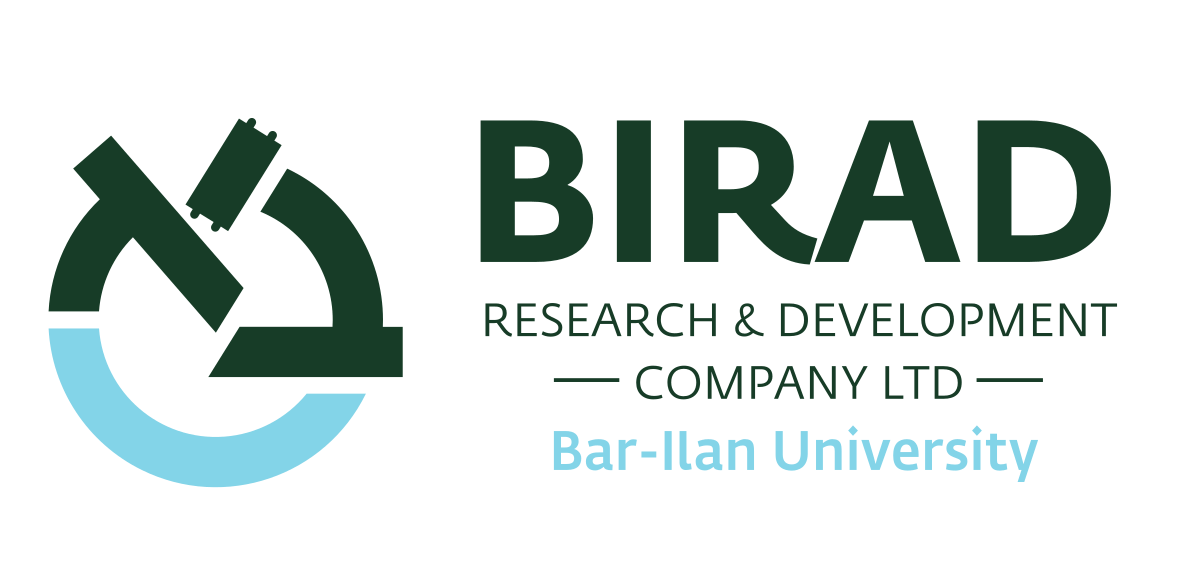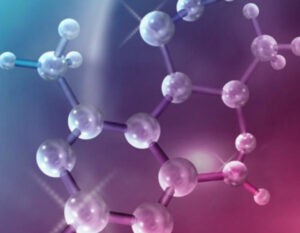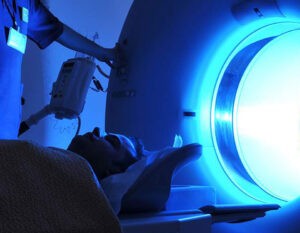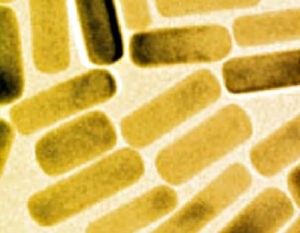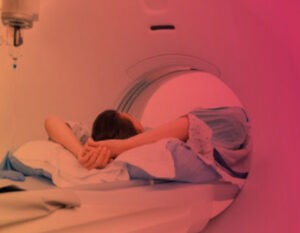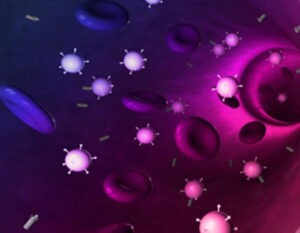Find Technologies for Licensing
Lead Acid batteries are successfully used for over a century. The relative low cost, almost complete recycling cycle and maturity are the bases for further improvements and mitigations of some disadvantages in order to establish a viable power source for the 21st century. Present SLI lead acid batteries suffer from short cycle life at deep…
Read MoreThe Problem Development of bromine compounds markets is strongly affected by new global environmental regulations that forbids the production of wastewater containing bromide that are discharged to surface water systems. Furthermore, high bromide in conjunction with high organic carbon (OC) is widely recognized to be the worst-case scenario for drinking water plants. Inability to achieve low…
Read MoreThe Problem At the current rate of global energy demands, new, alternative energy technologies must be developed to accommodate our needs. For more than a decade, it was strongly believed that hydrogen can help address the growing demand for energy and slow down global climate change. Hydrogen fuel is used together with oxygen in an…
Read MoreThe Problem The development of a biomarker for hypoxic tissues is essential both for diagnostic formulation and treatment planning for most cancer patients. Although the current PET radiotracers are non-invasive imaging modality techniques of tumor hypoxia, they are not being used routinely due to slow uptake by hypoxic. Cu(II)-tracers have been suggested to become one…
Read MoreMost optical-physiological diagnoses are based on the insertion of light, with known parameters, to a tested tissue, followed by the measurement of the reflected, transmitted, or absorbed light. Changes in the optical properties of this light such as its spectrum, polarization, or intensity, compared to the injected light, result from interactions of the irradiated light…
Read MoreThe Problem Over the last two decades a dramatic increase in the prevalence of socio-communicative disorders and attention disorders was reported. Today 1 of every 68 children is diagnosed with ASD and 1 of every 10 children is diagnosed with ADHD/ADD. There are four major problems that limit effective diagnosis and treatment: Diagnosis is typically enabled…
Read MoreLicensing
BIRAD grants exclusive and non-exclusive licenses for the commercialization of BIU-based research findings, both to established companies and to new startup ventures established around University technology.
The licenses are granted for specific patents and/or know-how and are limited to a specific field and/or specific products. Licenses include diligence milestones for the development and sale of products covered by the license – to avoid technology "shelving" – and typically include a combination of the following forms of consideration: royalties, milestone payments, upfront fees, equity and/or annual license fees.
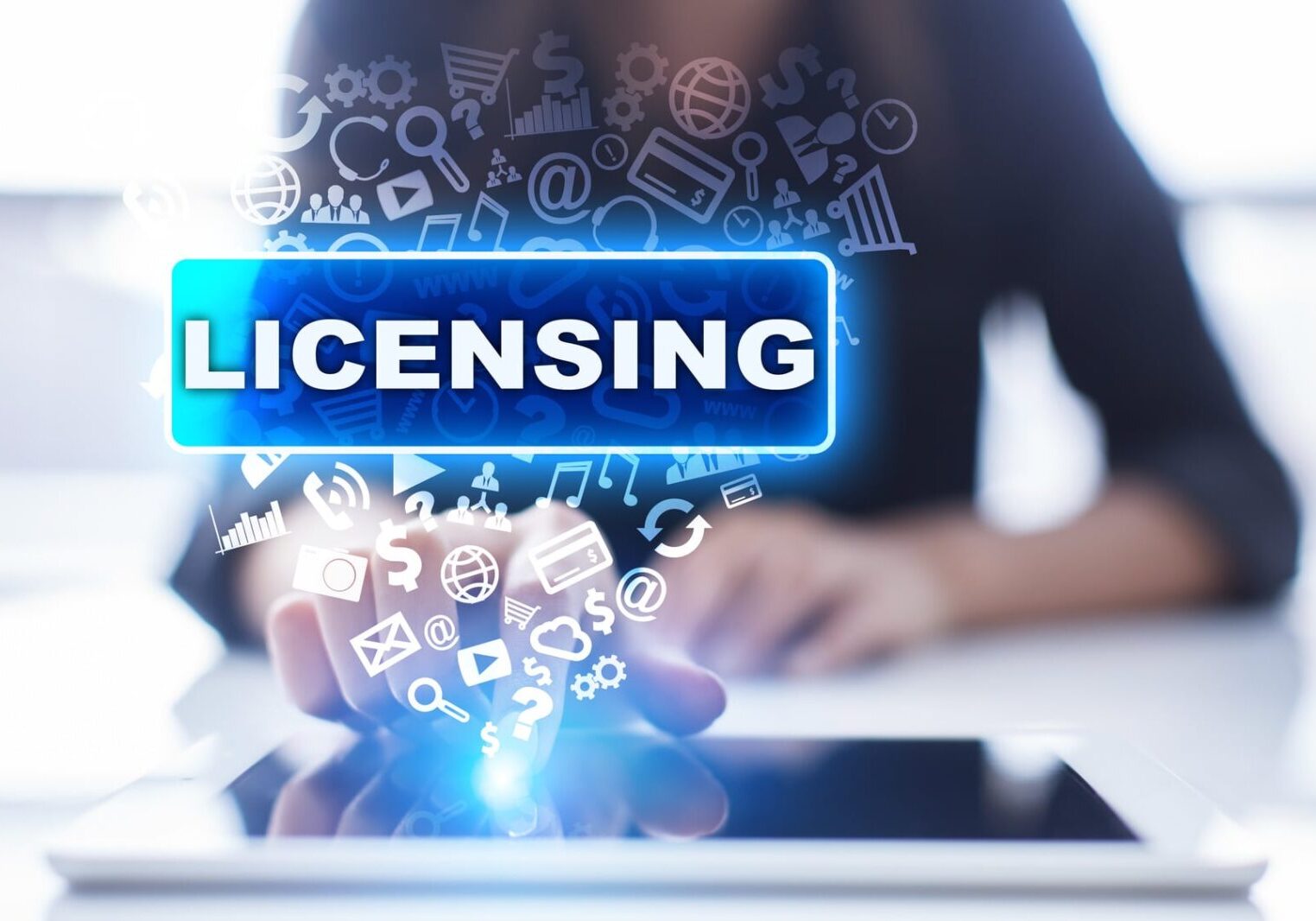
Birad's team is ready to assist you :

Nati Fisher

Dr. Iris Haas

Dr. Assaf Sagiv

